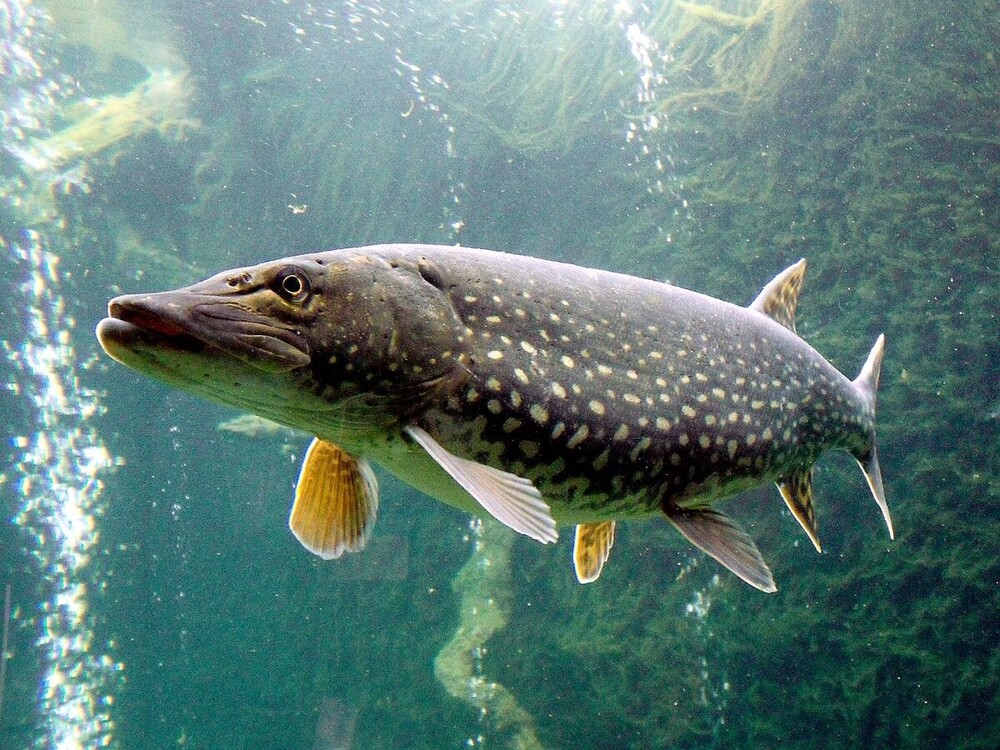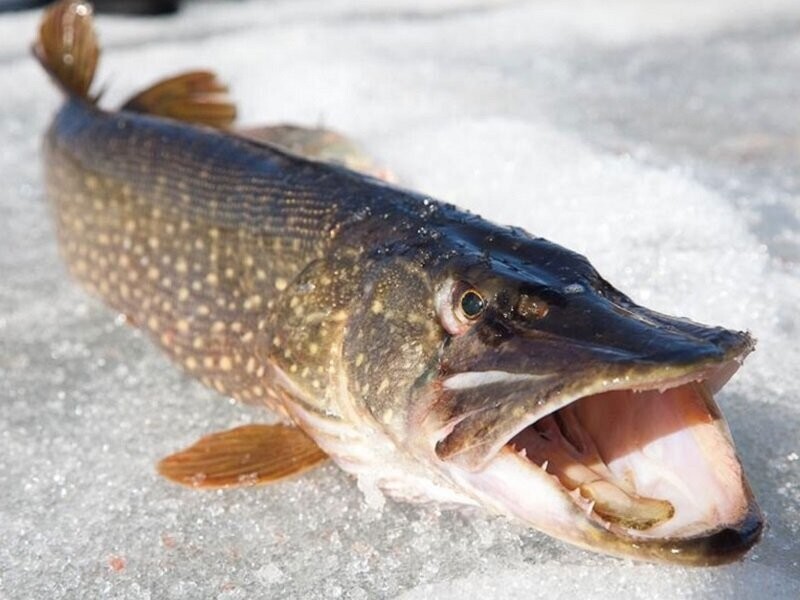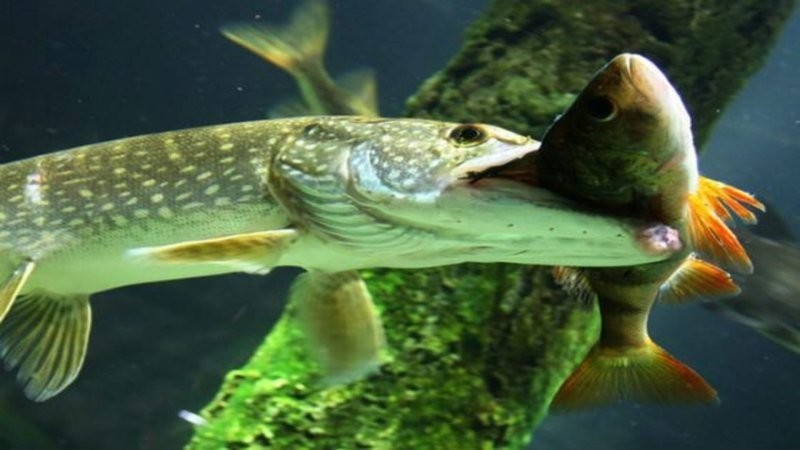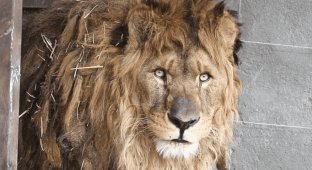Biologists have named the animal with the most inhibited evolution on Earth (3 photos)
An international group of scientists from the USA and China, led by specialists from Yale University, found that pikes had the slowest rate of evolution among all jawed vertebrates on our planet. 
These predatory fish have remained virtually unchanged since their origins 150 million years ago during the Jurassic period. The study was published in the scientific journal Evolution.
The researchers used computer analysis to study gene sequences preserved from common ancestors and revealed the rate of DNA replacement or mutation over time. 
According to experts, pike are the best example of so-called living fossils. Living fossils are organisms that have a common origin with extinct lineages and differ little from their ancient relatives.
The low rate of replacement in this group of fish corresponds to the low rate of emergence of new species. Pike have evolved so slowly that two species separated by 100 million years of evolution can still interbreed and produce fertile offspring.
By comparison, the evolutionary lineages of humans and wombats also diverged about 100 million years ago. 
Scientists noted that pike have been able to thrive unchanged for more than 150 million years due to some mechanism underlying low levels of gene replacement. It probably has something to do with DNA repair.
It also revealed that some of the animals recognized as living fossils, including the coelacanth fish and the tropical bird hoatzin, are significantly different from their fossil ancestors, although they retained many of their characteristics.






























